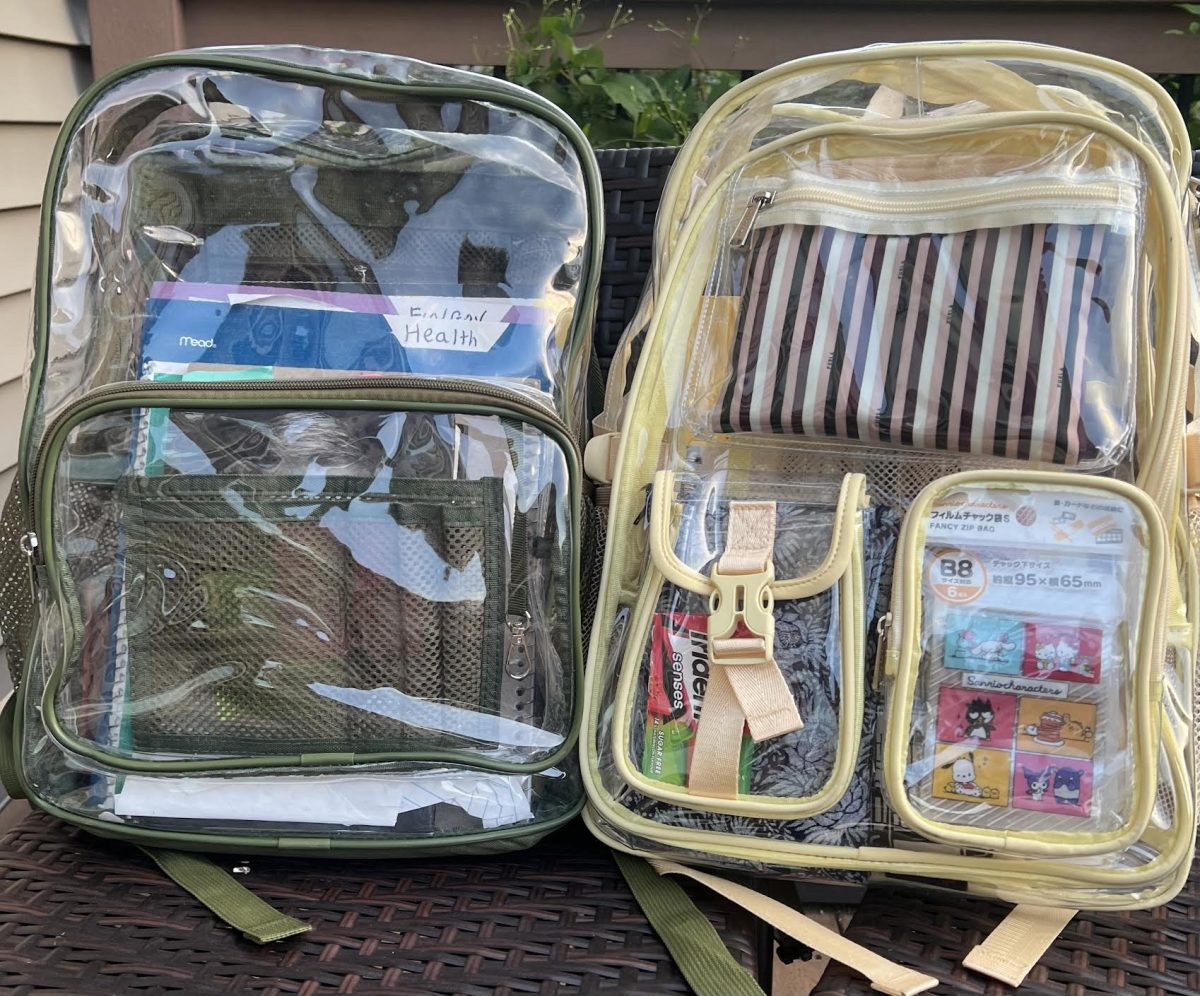Let me tell you about journaling, how to do it, and why you should start. Journaling is keeping a record of your thoughts, feelings, insights, and more. According to a study from the University of Rochester Medical Center, journaling can reduce stress and help cope with depression. It increases productivity, helps you achieve personal goals, and improves mindfulness, memory, and sleep quality. Additionally, it can boost self-confidence, creativity, and critical thinking skills. The main goals of journaling, according to Intermountain Healthcare, are to reduce stress, improve immune function, and strengthen emotional function.
How can you start? First, don’t pressure yourself to write every day or journal in any specific way. There are many types to choose from, but the most common are using journal prompts, reflective journaling, and daily journaling. Journal prompts might include positive affirmations, a list of qualities you possess, small things that bring you joy or are grateful for, an unsent letter to someone, or even song lyrics. Reflective journaling is a therapeutic practice that helps you to think about your emotions and experiences. It is meant to help create a safe space where you can write down your emotions like anger, sadness, or stress, and it doesn’t have to be done every day. Another way to journal is daily journaling. As its name suggests, daily journaling records what happens every day. It can be amazing to regularly check in with yourself and process daily events and thoughts. It does not matter what type you choose but starting is what counts; even if it’s simple journaling. Be creative and remember this is a personal space only for you, so try to make yourself feel comfortable while writing or typing.
After you start journaling, it might be challenging to keep up with it. Some tips for making journaling a regular habit are journaling for 5-20 minutes in the morning or at night, reminding yourself with sticky notes or calendar reminders, and keeping the journal where you will see it. You don’t have to do it every day, but it will benefit you most if you do it at least a few days a week. An example of a journaling routine is doing something called Morning Pages, which Julia Cameron brings up in her book The Artist’s Way. Morning Pages is writing three pages first thing every morning by putting any thoughts that you have down on paper. The benefit of doing this is it gives you a look at what is going on in your head which can improve your mental well-being and emotional health.
Journaling has helped me in several meaningful ways. It gives me an outlet for my emotions, and with every entry, I can see myself improving in writing, confidence, and mental health. I highly encourage everyone to just put pen to paper or fingers to keyboard and just let the words flow out of you.








































